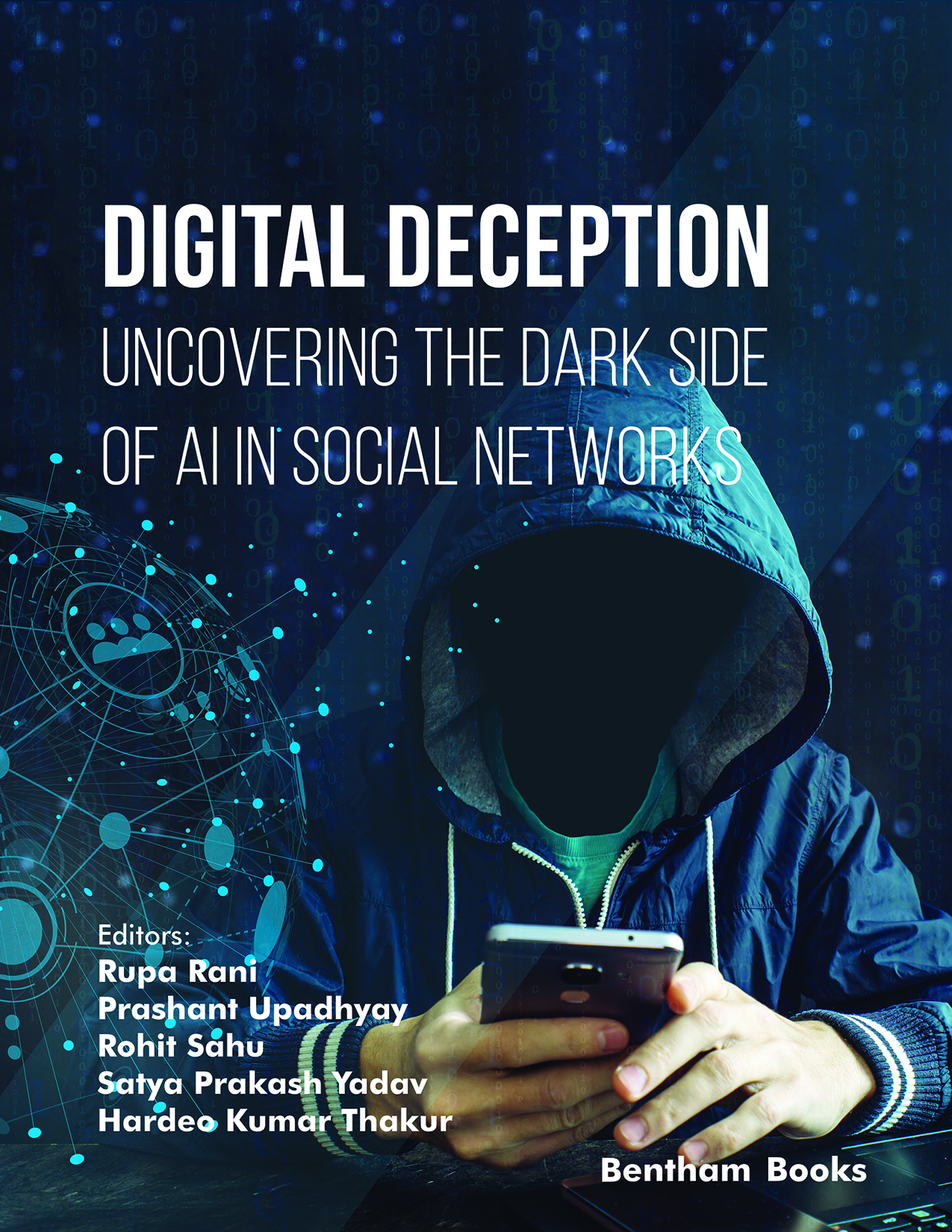The book "Uncovering the Dark Side of AI in Social Networks" explores the ethical, societal, and psychological implications of artificial intelligence (AI) deployed within social networks. It delves into the potential negative consequences and hidden dangers that arise from the intersection of AI algorithms, social media platforms, and user behavior. The book aims to shed light on the often unseen and unacknowledged issues that arise when AI is employed in social networks. It provides an in-depth analysis of the impact of AI-driven algorithms on user privacy, information manipulation, polarization of online communities, mental health, and the overall well-being of individuals.
This preface is a "must-read" for individuals and professionals across various fields who are interested in or directly involved in the intersection of AI, social networks, and ethics. Some of the key audiences who will benefit from reading this book include researchers and academics, technology developers, policymakers and regulators, social media companies, privacy and data protection experts, ethicists and philosophers, social activists, and advocacy groups. Overall, the book caters to a wide range of readers who seek a comprehensive understanding of the ethical challenges and potential harm that AI algorithms pose within the realm of social networks. Also, this book will be of interest to lecturers and advanced students seeking additional resources, developers, and designers to enhance their understanding of the ethical considerations in AI development, as well as that of standard bodies and regulators involved in formulating guidelines and regulations related to AI and social networks.
This book employs a multidisciplinary approach, drawing on research and insights from various fields such as computer science, psychology, sociology, ethics, and law. The book combines theoretical analysis with real-world case studies, providing a comprehensive understanding of the complex interplay between AI, social networks, and human behavior. It also offers practical recommendations for individuals, policymakers, and technology companies to promote a more responsible and beneficial use of AI in the realm of social networks.
Rupa Rani
Department of Computer Science & Engineering
Ajay Kumar Garg Engineering College, Ghaziabad, U.P., India
Prashant Upadhyay
Department of Computer Science & Engineering, School of
Engineering & Technology, Sharda University, Greater Noida, U.P., India
Rohit Sahu
GL Bajaj Institute of Technology and Management, Greater Noida, U.P., India
Satya Prakash Yadav
Department of Computer Science & Engineering,
Madan Mohan Malaviya University of Technology, Gorakhpur, U.P., India
&
Hardeo Kumar Thakur
>School of Computer Science Engineering and Technology
(SCSET), Bennett University, Greater Noida, U.P., India

